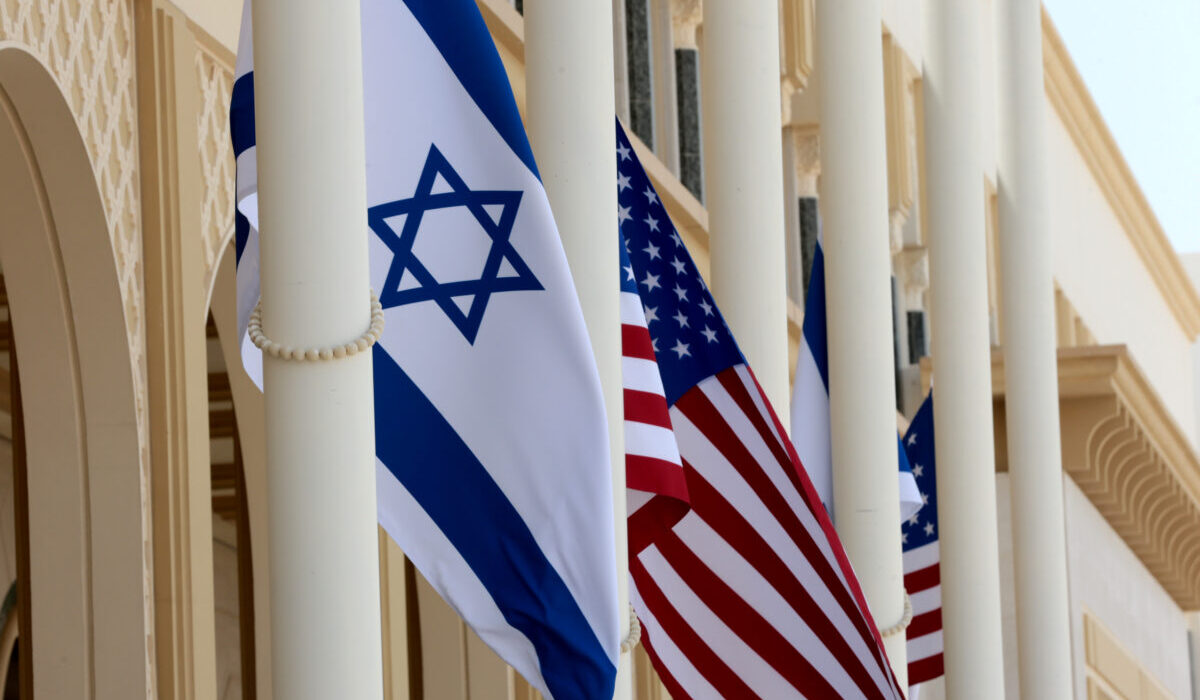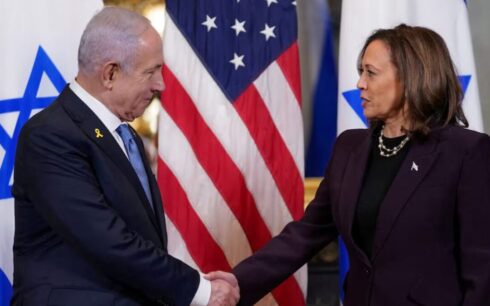The United Nations Security Council, in a rare move on Monday, called for a ceasefire in Gaza, leading to a significant diplomatic rift between the U.S. and Israel, marked by the U.S.’s decision to abstain from voting. This abstention prompted Israel to cancel a high-level delegation’s planned visit to Washington, showcasing the deepest disagreement between the allies since the conflict’s onset.
Israeli Prime Minister Benjamin Netanyahu criticized the U.S. for abandoning a “principled stand” by not conditioning the cease-fire on Hamas’s release of hostages.
In response, White House National Security Spokesman John Kirby expressed bewilderment at Netanyahu’s stance, emphasizing the unnecessary creation of perceived division. Kirby, alongside the U.S. Ambassador to the U.N., clarified the abstention was due to the resolution’s failure to condemn Hamas, with Kirby noting the U.S. viewed the cease-fire and hostage release as intertwined issues.
The Security Council, with a 14-0 vote, passed the resolution, also calling for the release of hostages taken during Hamas’s Oct. 7 surprise assault in southern Israel, receiving a notable applause in the chamber.
The U.S.’s past vetoes of similar resolutions were influenced by the lack of direct linkage to hostage releases and the absence of condemnation for Hamas’s actions, alongside sensitive negotiation considerations. The resolution adopted does not condition the cease-fire on the release of hostages for the duration of Ramadan, ending in April, a point of contention among council members.
Hamas has expressed approval of the U.N.’s decision but advocates for a lasting cease-fire. U.N. Secretary-General Antonio Guterres emphasized the importance of implementing the resolution, labeling failure as “unforgivable.”
This development occurs amidst escalating tensions between President Joe Biden’s administration and Netanyahu, fueled by disagreements over the conflict’s management, civilian casualties, and restricted humanitarian aid to Gaza. Further strains are noted in their divergent views on Palestinian statehood, settler violence, and settlement expansion in the occupied West Bank.





